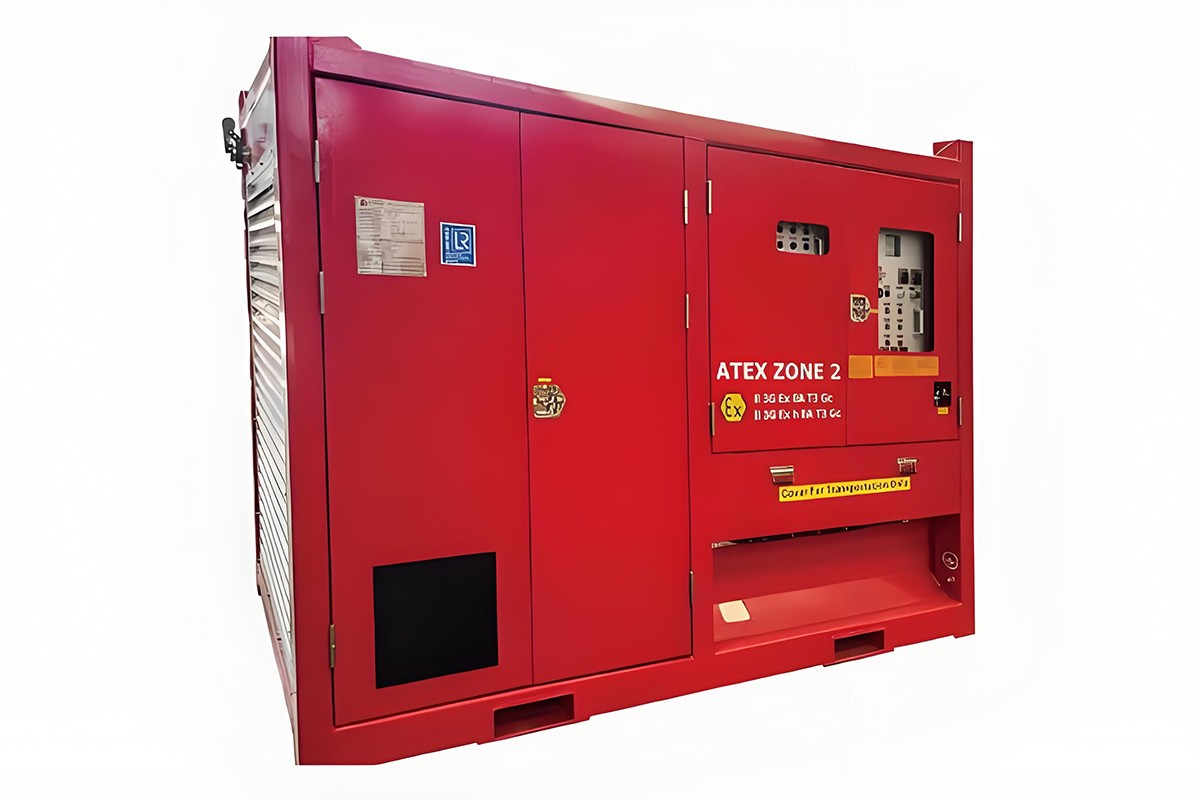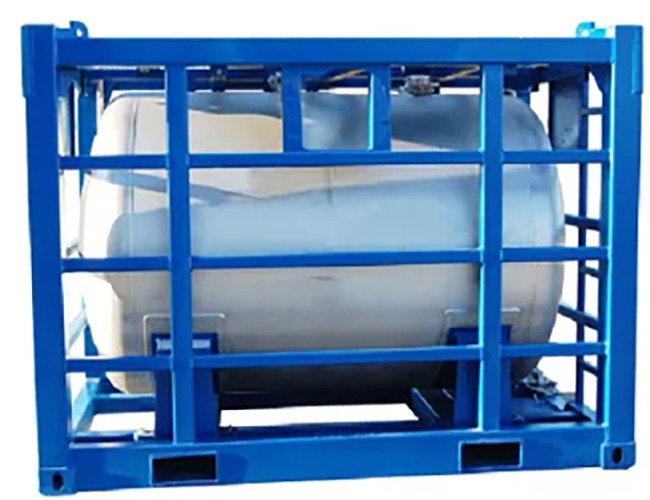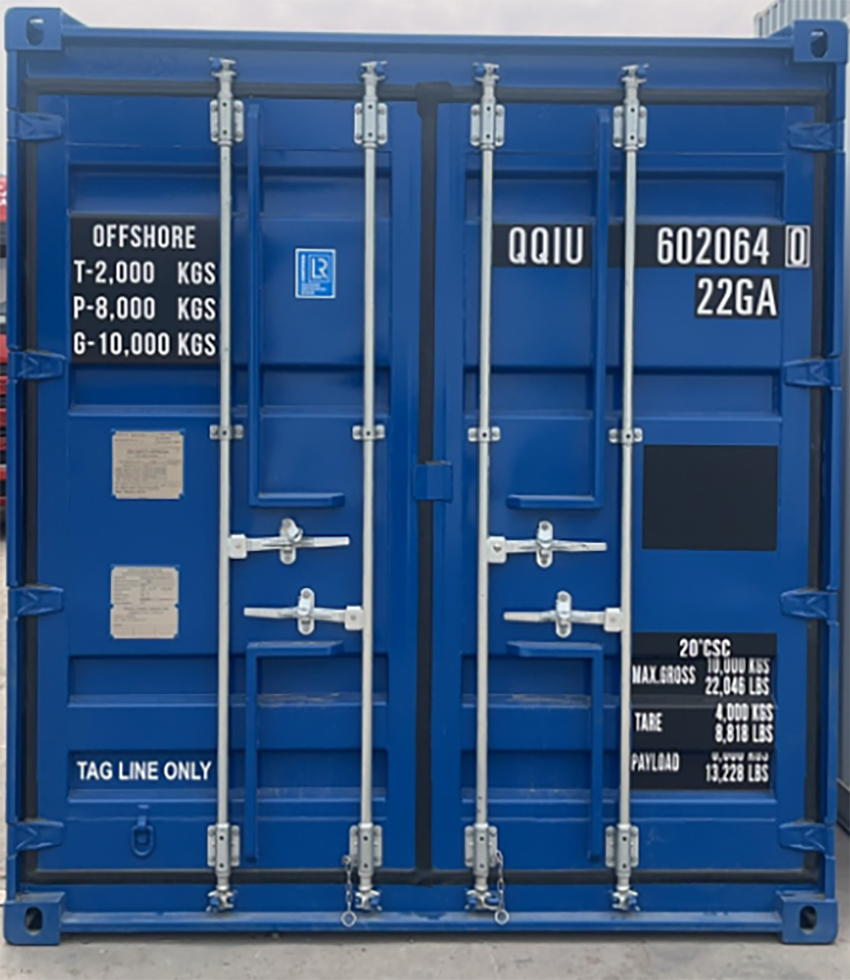PRODUCTS
Categories List
Recent Posts
![]() Winner Offshore Delivers Offshore Containers Globally to Support Efficient Operations of Global Offshore Energy Projects2026-02-27
Winner Offshore Delivers Offshore Containers Globally to Support Efficient Operations of Global Offshore Energy Projects2026-02-27![Winner Offshore DNV 2.7-1 Offshore Tank Containers Boost Upgrading of Offshore Hazardous Chemicals Storage and Transportation Winner Offshore DNV 2.7-1 Offshore Tank Containers Boost Upgrading of Offshore Hazardous Chemicals Storage and Transportation]() Winner Offshore DNV 2.7-1 Offshore Tank Containers Boost Upgrading of Offshore Hazardous Chemicals Storage and Transportation2026-02-25
Winner Offshore DNV 2.7-1 Offshore Tank Containers Boost Upgrading of Offshore Hazardous Chemicals Storage and Transportation2026-02-25![Winner Offshore Achieves Bulk Delivery of DNV 2.7-1 20ft Offshore Containers Winner Offshore Achieves Bulk Delivery of DNV 2.7-1 20ft Offshore Containers]() Winner Offshore Achieves Bulk Delivery of DNV 2.7-1 20ft Offshore Containers2026-02-09
Winner Offshore Achieves Bulk Delivery of DNV 2.7-1 20ft Offshore Containers2026-02-09

DNV 2.7-3 standard has the following significant unique features in the field of offshore equipment certification, especially in its strict requirements and systematic guarantees for specific application scenarios
1. Focus on the safe integration of temporary mobile equipment at sea Dynamic environment certification: Compared with the fixed facility standard, DNV 2.7-3 is specifically aimed at the transportation, lifting and deck operation safety of "portable offshore units" (such as temporary service containers and movable modules) in harsh sea conditions, requiring the equipment to maintain functional integrity in dynamic environments such as turbulence, salt spray, and impact.
2. Full life cycle risk management: Covering the entire process from onshore manufacturing to offshore deployment, it particularly emphasizes that when temporary equipment is introduced into offshore facilities, it is necessary to avoid adding new risks or interfering with existing systems. This comprehensive risk management framework is its core feature.
Synergistic and complementary with the DNV certification system Modular standard combination: As the core part of the DNV offshore service module certification system (including 2.7-1, 2.7-2, etc.), 2.7-3 works with other standards to solve the physical structure and functional risks of different types of equipment. For example: DNV 2.7-1 focuses on the structural strength and material properties of conventional offshore containers;
DNV 2.7-3 strengthens the operational adaptability of mobile units under complex working conditions, forming a complementary certification chain.
30 years of technology accumulation and integration: The entire set of standards condenses DNV's years of research and development results, integrates international specifications and industry needs, and provides independent and mutually recognized certification solutions.
3. Strict physical properties and testing requirements
Extreme environment material specifications: Require materials to have high corrosion resistance, impact resistance and fire resistance (such as specific steel/composite materials), far exceeding ordinary industrial standards.
Dynamic load verification: Vibration, stacking load and fatigue tests simulating maritime transportation are mandatory to ensure that the equipment does not fail structurally under long-term shaking or sudden impact.
Special process certification: The welding process must pass non-destructive testing, and the weld strength is included in the core evaluation items, forming a technical closed loop with the DNV welding quality system (such as ISO 9001).
4. Flexible and efficient certification service model
Remote inspection innovation: Supports global expert collaborative inspection through live broadcast technology, reducing on-site costs in remote areas or mass production, which is different from the traditional certification process that requires on-site witnessing.
Hierarchical control of the manufacturing process: Provides a "manufacturing inspection arrangement" option, allowing non-full-time on-site supervision, balancing efficiency and compliance through regular audits, and adapting to large-scale production needs.
MESSAGE
Please give us a message



